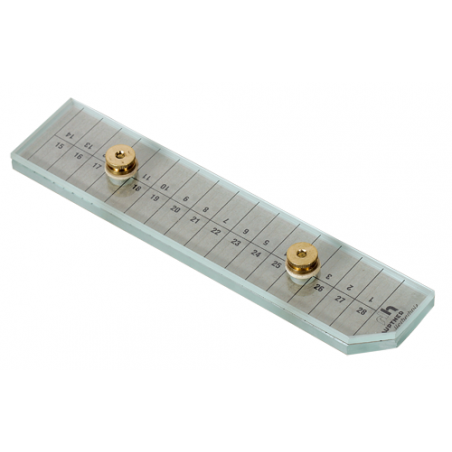As a result of discussions with relevant authorities, further on-site inspections were carried out on July 16 by experts and consultants in order to approve the installations (e.g. Plexiglas partitions) required by the hygiene plan and by scientific experts. Cold smoke tests were also part of the inspection.
Based on scientific expertise and the hygiene plan, and in coordination with all authorities involved, Mayor Theo Mettenborg has ordered the partial opening of the "cutting" section of the plant. Effective immediately, the 2,714 employees (1,387 pig cutters, 415 sow cutters, 912 auxiliary area workers) may enter the plant premises and gradually resume their work.

In a trial run, the area should be able to start work on July 17. No more than 10,000 animals may be slaughtered, cut, and further processed in the trial operation. After that, a gradual "ramp-up" of the area is possible. This will be determined after the evaluation of the trial period.
Before the additional measures were taken, the "cutting" section showed an increased risk of infection. The additional installations (Hepa filtration, Plexiglas separators, etc.) have demonstrably minimized the risk, according to expert opinions. As an additional precautionary measure, the above-mentioned production restriction is ordered.
Specifically, the following measures are to be applied for the reopening:
- Hepa filtration and other measures to improve indoor air conditions: In addition to the existing UV disinfection systems, Hepa filtration systems will be installed. The ambient air is further improved by an increased supply of fresh air.
- Housing and transport: Housing inspections will be stepped up, insofar as the premises falling within the scope of the workplace ordinance. In the medium term, housing management will be taken over by a company to be founded specifically for this purpose. Staff transport will be improved: A maximum number of persons is specified for each type of vehicle.
- Address management: An up-to-date database for residential addresses of all employees is created.
- Series testing: All production employees are tested twice a week. For this purpose, a mobile tent is placed at the factory entrance. Returning employees are to be tested daily during the week.
- Employee training: Employee training on safety rules and the use of mouth and nose protection is provided.
- Occupational medical care and medical exam: The automatic temperature scanner is supplemented by a medical check of all employees arriving at the turnstile at the beginning of the shift.
- Cafeteria concept: All employees of the subarea will use a separate dining area.
- Common areas and company routing: The walking routes from the factory entrance to the workplace were defined. The production processes enable staggered break times. There is no mixing of personnel.
- Mouth and nose protection: The use of a medical, three-layer mouth and nose protector is mandatory in all company buildings.
- Minimum distances: A separation between the employees is achieved by means of suspended curtains. The workstations comply with the minimum distance of 1.5 m.
- Inspections: Further checks will be carried out, frequency will be increased. Only employees who are not in quarantine and can present a negative test result are allowed to work on the company premises. Compliance with the regulations will be checked by the regulatory authorities.
July 16, 2020/ City of Rheda-Wiedenbrück/ Germany.
https://www.rheda-wiedenbrueck.de








